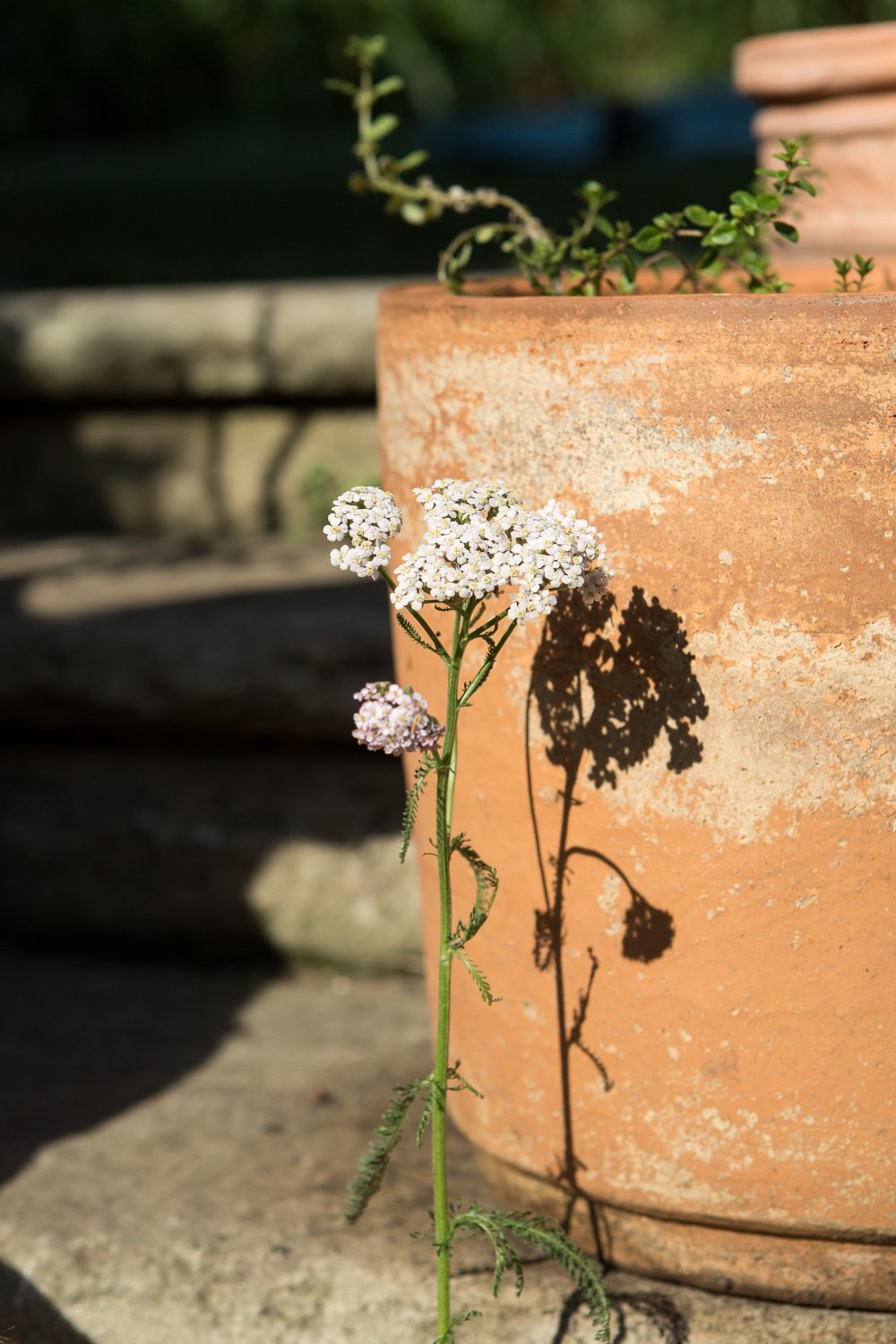
Naturopathy
Naturopathy uses evidence-based and professionally qualified nutritional education, individual lifestyle recommendations, herbal medicine and supplementation where appropriate to help bring a person to their optimal state of health.
The naturopathic philosophy takes an holistic view, which means that all aspects of the individual in the context of their medical history, their environment and their family history are considered. The main aim is to nurture individual vitality, to avoid suppression of symptoms, and to encourage the healing ability of the body, mind and spirit.
Naturopathy today takes an evidence-based medicine approach: That is, the use of traditional evidence and empirical knowledge based on a history of observation and experience of practitioners through centuries, along with current, high-quality and appropriate clinical research.
In Australia, a Naturopath is required to achieve a high level of qualification in order to be able to competently and confidently help clients in their journey towards good health.
Herbalism
Herbalism is the use of herbs in various forms to support the natural mechanisms of the body to bring back balance.
Herbs are plants, many of which are considered ‘weeds.’ The leaves, flowers, stems, bark, seeds and roots of these plants contain chemical constituents which have the ability to effect change, on a biochemical or cellular level, within our bodies.
The current science that supports the use of herbal medicine is growing large and strong. Our long history of the use of herbs as a medicine is being verified by current scientific thinking and research.
By consulting the historical literature, current research and one’s own experience and education, a herbalist or naturopath (naturopathy includes the study of herbal medicine) will select the appropriate herbs for an individual treatment. Very often this will be made up as a mixture of several different herbs, and they will be selected for their singular effects and for their synergy, or their ability to work well together. The skill of the herbalist is in the selection of the appropriate herbs for their maximum effect and safety.
Herbs may be prescribed in the form of teas, tablets, extracts, capsules or powders, or topically as ointments, creams or lotions. The skin can be seen as an absorbtive mechanism for gently allowing the benefits of herbs to enter the system.
Herbalists develop great respect for the herbs in their dispensary; this is because they have found them to be effective and to work in ways which may sometimes be beyond the current scope of available evidence. I like to use extracts made up of the whole herb, because this pays homage to the thinking that herbs in their wholeness have effects beyond their individual components, or identified constituents.
Herbs are, nevertheless, medications and can have profound effects. It is incumbent upon all practitioners to ensure they have up to date and working knowledge of the possibility of side effects, interactions, and contraindications with pharmaceutical or prescription medications. It is recommended that patients inform their doctors when they are taking complementary medicines, and likewise your naturopath will need to know what prescription medications you may be taking.
It is not recommended that you stop any current prescription medication without consulting both your doctor and your complementary medicine practitioner.

